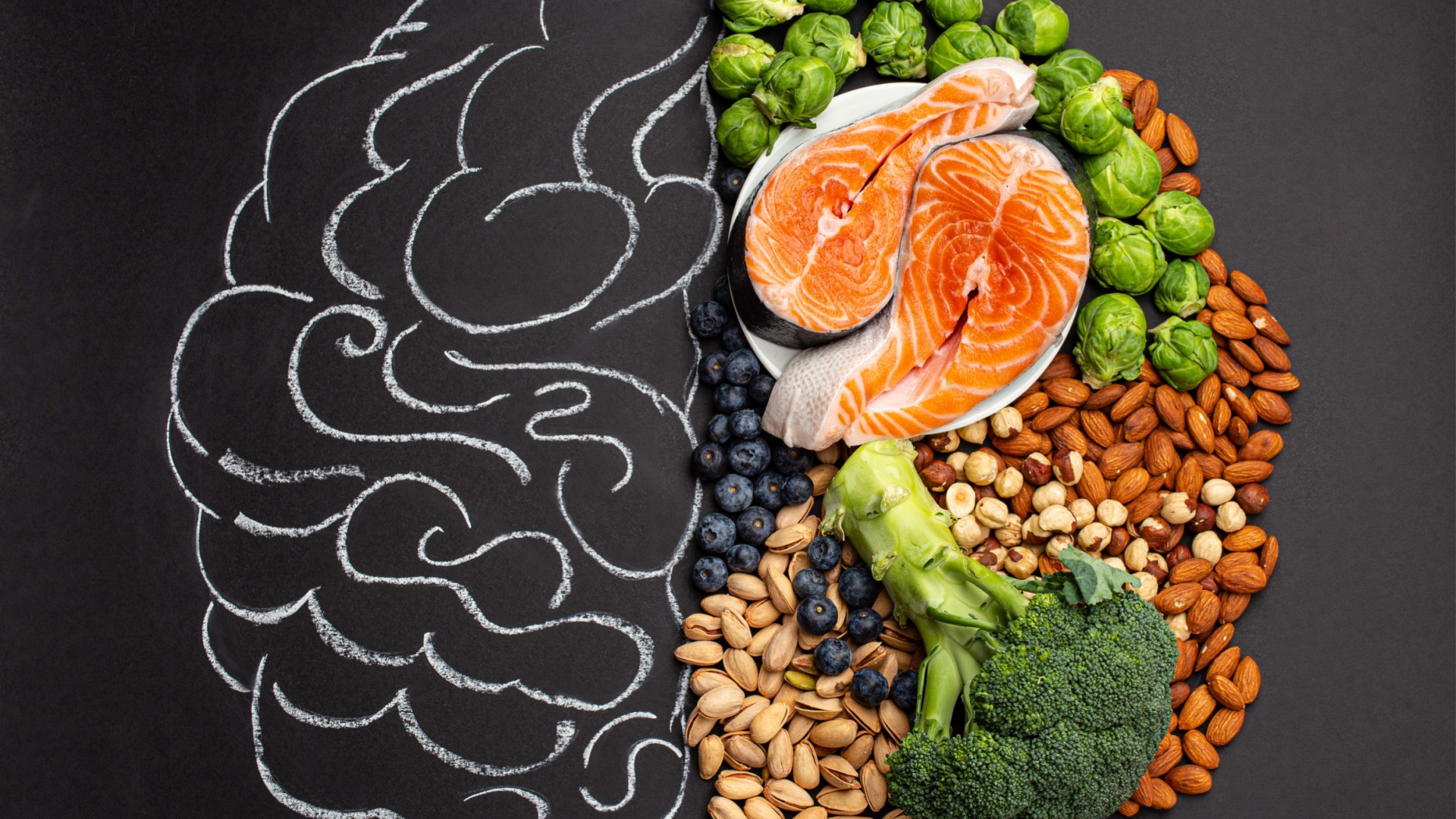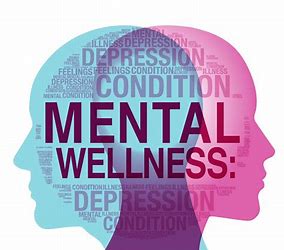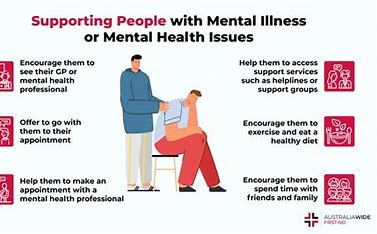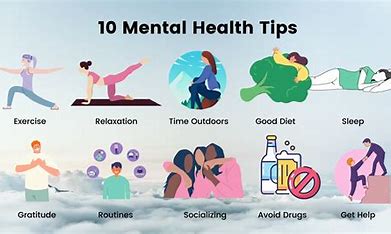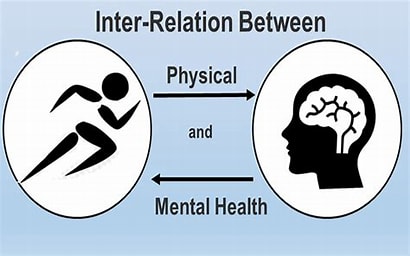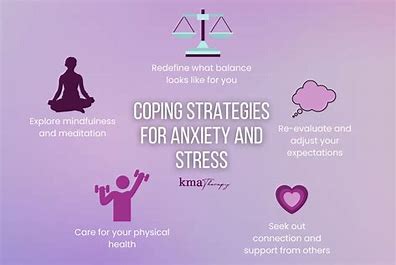From a young age, we learn that good nutrition helps us feel and look our best physically, but what’s not always emphasized is the significant role it plays in mental health. A healthy, well-balanced diet not only improves physical well-being but also enhances concentration, mood, and cognitive function. On the flip side, poor dietary habits can lead to fatigue, impaired decision-making, and even exacerbate stress and depression.
The Link Between Diet and Mental Health
Research shows that the food we consume directly affects how we think and feel. A well-rounded diet helps us think clearly, stay alert, and improve attention spans. However, an inadequate diet—one filled with processed foods, refined sugars, and unhealthy fats—can cause negative effects such as low energy, poor mental focus, and even lead to or worsen conditions like depression and anxiety.
Effects of a Balanced vs. Poor Diet on Mental Health
| Diet Type | Positive Effects | Negative Effects |
|---|---|---|
| Balanced Diet | Improved focus, mood stability | N/A |
| Poor Diet | Fatigue, stress, depression | Reduced attention, mood disorders |
How Processed Foods Impact Mental Health
One of the most harmful dietary patterns is the overconsumption of processed foods. These foods are high in refined sugars and unhealthy fats, which stimulate the brain’s pleasure centers, making them addictive. Over time, relying on these foods can lead to inflammation in the body and brain, which is directly linked to mood disorders, such as depression and anxiety.
When we’re stressed or feeling down, it’s tempting to reach for comfort foods like ice cream, chips, or fast food. However, these foods tend to worsen our mood and perpetuate unhealthy cycles of overeating or under-eating. To counteract this, focusing on a diet rich in whole, nutrient-dense foods like fruits, vegetables, and omega-3-rich fish can improve both physical and mental health.
Brain-Boosting Foods
To maintain good mental health, certain foods are particularly beneficial. Foods rich in omega-3 fatty acids, complex carbohydrates, and lean proteins provide the building blocks for brain health. These nutrients support neurotransmitter production, improve brain function, and stabilize mood.
Top Brain-Boosting Foods for Mental Health
| Nutrient Type | Food Examples | Mental Health Benefits |
|---|---|---|
| Omega-3 Fatty Acids | Salmon, walnuts, flaxseeds | Boosts mood, supports brain function |
| Complex Carbohydrates | Brown rice, quinoa, sweet potatoes | Provides steady energy, improves focus |
| Lean Proteins | Chicken, fish, eggs, beans | Enhances cognitive function and reaction time |
Gut Health and Mental Health
There is a growing body of research that highlights the close connection between the gut and the brain. The gut and brain communicate via the vagus nerve, and gut bacteria play a critical role in regulating mood and emotional well-being. This connection suggests that a healthy gut—supported by a diet rich in fiber, probiotics, and prebiotics—can lead to improved mental health outcomes. In contrast, stress and poor diet can negatively impact gut bacteria, exacerbating anxiety and depression.
Mindful Eating for Mental Health
Mindful eating is a practice that encourages paying close attention to the food you eat and how it makes you feel. This helps break unhealthy habits like overeating or under-eating, which are common during times of stress or depression. By keeping a food journal or taking time to notice your feelings before and after eating, you can begin to understand your relationship with food and make healthier choices.
Strategies for Mindful Eating
| Mindful Eating Practice | Description | Benefits |
|---|---|---|
| Keep a Food Journal | Record what, when, and how you eat | Identifies patterns of overeating or under-eating |
| Schedule Small Meals | Plan 5-6 small meals a day | Prevents overeating, maintains energy levels |
| Focus on Meal Environment | Avoid eating in front of the TV or distractions | Encourages mindful, healthier eating habits |
FAQs on Nutrition and Mental Health
Q1: How does sugar affect mental health?
Excess sugar can lead to inflammation in the brain, which is linked to mood disorders like depression and anxiety. It also causes energy spikes and crashes, leading to poor concentration and mood swings.
Q2: What foods should I avoid for better mental health?
Avoid processed foods high in refined sugars and unhealthy fats, such as candy, soda, and fast food. These can worsen mood and energy levels.
Q3: Can changing my diet really help with stress?
Yes! Eating a diet rich in whole foods like fruits, vegetables, lean proteins, and healthy fats can help reduce stress and stabilize mood by improving brain function and overall well-being.
Q4: What are some good snacks to boost mental energy?
Healthy snacks such as nuts, fruits, hard-boiled eggs, and baked sweet potatoes provide sustained energy without the crashes associated with sugary snacks. Improving mental health starts with what we eat. By choosing nutrient-dense foods, being mindful of eating habits, and addressing gut health, you can boost your mood, reduce stress, and improve overall well-being.
